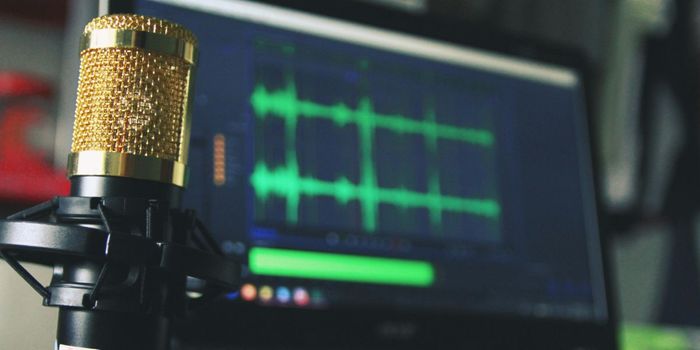Mental Fatigue Linked to Increased Aggressive Behavior
A new study found that prolonged mental fatigue can wear down cognitive resources, leading to higher rates of aggressive behavior. The findings improve understanding of why we may be more inclined to make suboptimal choices when fatigued. The corresponding study was published in PNAS.
‘Ego depletion’ is a popular yet controversial theory. It suggests that partaking in cognitively demanding tasks that require self-control and decision-making depletes willpower resources, and means that when faced with similarly demanding tasks later, individuals may rely more on automatic and intuitive responses. The theory has been criticized due to inconsistent replication across studies.
The frontal areas of the brain responsible for executive functions are particularly vulnerable to fatigue and some of the first to exhibit increased occurrence of local, sleep-like slow waves in extended periods of wakefulness. With this in mind, the researchers behind the current study suggested that 'ego depletion' may result from task-dependent neural fatigue linked to sleep-like slow waves in the frontal brain areas. Varying results from previous studies, they noted, may thus stem from short experimental task durations, which may fail to induce sufficiently strong and consistent levels of functional fatigue.
Mental fatigue, often experienced by individuals juggling multiple tasks in high-stress environments, can also impact workplace dynamics, especially in remote teams.
In the current study, researchers investigated the effects of an extended period of tasks requiring decision-making and self-control on sleep-like activity in the frontal areas of the brain, alongside certain behaviors. To do so, they recruited 447 healthy adults who either underwent a series of fatigue-inducing tasks for around 45 minutes- as opposed to roughly 10 minutes in previous studies- or control tasks. The participants then played economic games requiring varying degrees of aggression and cooperation. A subset of individuals underwent EEG throughout the experiment.
Although the peaceful cooperation rate stood at 86% in the ‘no fatigue’ group while playing economic games, the same figure stood at 41% for the 'fatigue' group. Those exposed to fatigue-inducing tasks were significantly less cooperative and more hostile than their fatigue-free counterparts. Data from EEGs further indicated that fatigued individuals, but not controls, showed the emergence of typical sleep waves in some areas of the frontal cortex.
“These results provide a scientific bases to popular wisdom that suggests to ‘sleep on it’ before making a decision, by showing that metabolic exhaustion within certain brain areas does affect our decision-making processes,” said co-author of the study, Pietro Pietrini, Director of the Molecular Mind Lab at Technologies School for Advanced Studies Lucca, Italy, in a press release.
“Overall, these findings have important implications for multiple situations in everyday life, including economic transactions and legal agreements, as they demonstrate that when the brain is ‘tired’ we may make choices that go even opposite to our own interest. As a matter of fact, this is what people do also in most criminal acts,” concluded Pietrini.
Sources: Neuroscience News, PNAS









